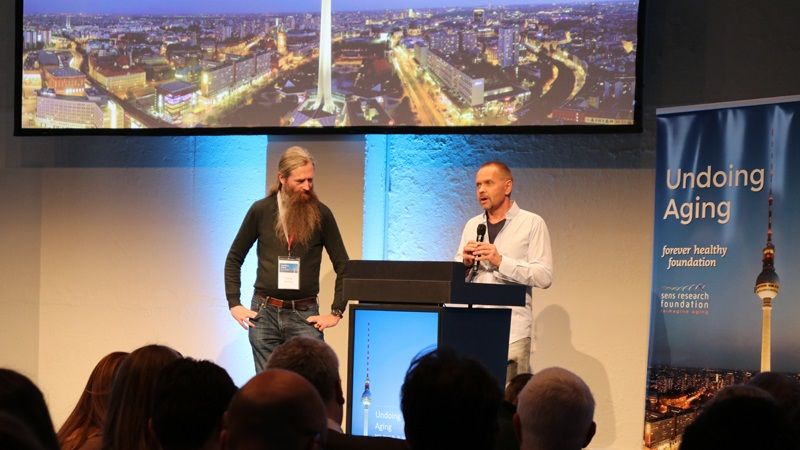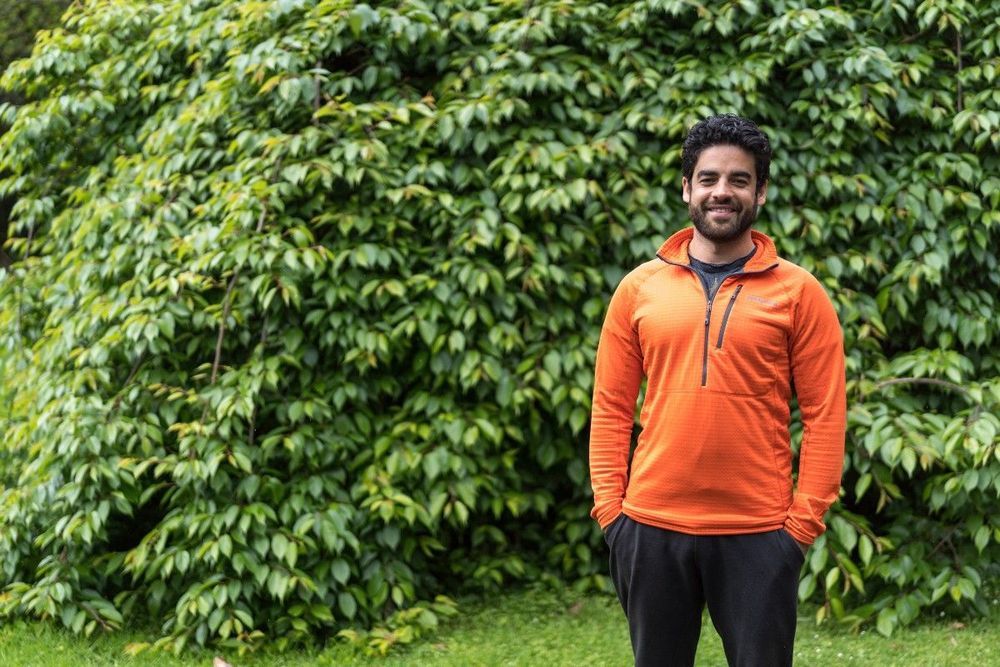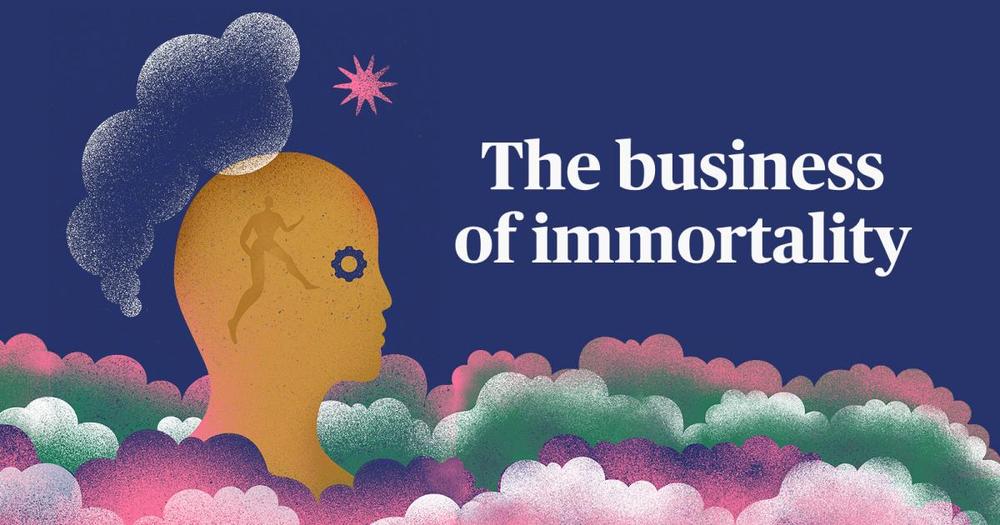LEAF Director Elena Milova shares a report from the recent Berlin Undoing Aging conference with you today. Hosted by the Forever Healthy Foundation and SENS Research Foundation, the event saw the leading figures in aging research come together for this superb conference.
The day after I got back from the Undoing Aging 2019 scientific conference, which was jointly organized by the SENS Research Foundation and Forever Healthy Foundation, Moscow greeted me with the first sunny days of the spring. Still tired and lacking sleep, but happy and inspired, I want to share my impressions of this year’s conference with you.
Actually, I began preparing for this event in the autumn of 2018, when it was first announced. I booked the hotel well in advance, including some spare rooms that could be transferred to our partners later on. B&B Alexanderplatz is located next to the conference venue Umspannwerk Alexanderplatz, literally next door, and it has a nice social space in the lobby, making it very handy for setting appointments with business partners, so we at LEAF decided to make it our headquarters once again. I arrived on March 26th, got some brief rest, and went downstairs to work while also keeping an eye on who was arriving.

Not long after I sat down, I saw some very familiar faces, as Maria Entraigues-Abramson and her husband Gary Abramson arrived. As part of the organizers’ team from the SRF, they came to Berlin early to help coordinate the preparation. Next, I saw our own VP Dr. Oliver Medvedik and his super-energetic friend, Jean Lam. Last but not least, I met Anna Dobryukha, the chief of the medical department at Komsomolskaya Pravda; she is one of the most famous Russian journalists writing about aging and longevity.






